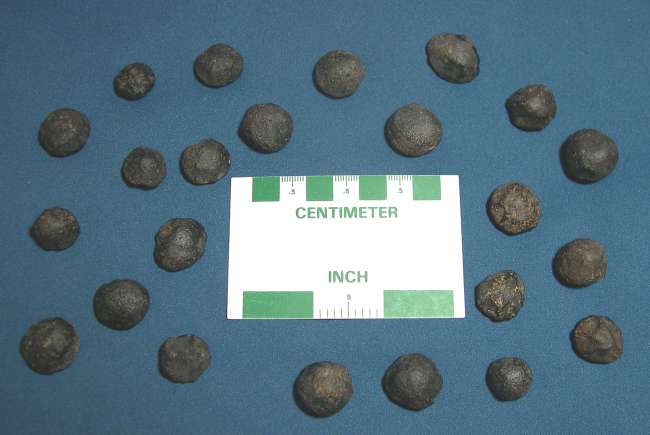In Dieri the word ya ‘and’ can be used to link two words together to express the idea of ‘A and B’. For example:
kanku ya mankarra ‘boys and girls’
nganthi ya puka ‘meat and vegetable food’
mara ya thidna ‘hand and foot’
Note that this combination acts like a single unit in Dieri and so if we need to express a meaning that involves adding an ending, then we can just add it to the last word and both will be included. Here is an example:
ngapiri ngamayi kanku ya mankarranhi ‘Father is sitting with the boys and girls’
kanku ya mankarrali nganha nhayirna warayi ‘The boys and girls saw me’
Alternatively, we can add the ending to both of the elements linked by ya, as in:
ngapiri ngamayi kankunhi ya mankarranhi ‘Father is sitting with the boys and girls’
kankuyali ya mankarrali nganha nhayirna waray ‘The boys and girls saw me’
These two sentences mean the same as the previous two and it is up to you whether you add the ending to both words linked by ya or just the last one.
When we have a word identifying a person or thing (a noun) that is modified or described by an adjective, then the noun plus adjective can be linked by ya as well, as in:
nhulu nganthi karti ya ngapa marra manirna warayi ‘He got raw meat and fresh water’
Notice here that ya is linking together nganthi karti ‘raw meat’ (karti means ‘raw’) and ngapa marra ‘fresh water’ (marra means ‘fresh’ or ‘new’).
We can also link together actions words (verbs) with ya, as in:
nhawu thikayi ya muka thurarayi ‘He comes back and sleeps’
nhulu nganthi damarna wanthiyi ya thayirna wanthiyi ‘He cut up the meat and ate it long ago’
To express contrast between two ideas we can link two sentences together in Dieri with ngarla meaning ‘but’, as in:
ngathu nhinha ngantyayi ngarla wata ngathu yinanha ngantyayi ‘I like him but I don’t like you’
nganthi wapayi warliya ngarla wata ngathu wirrilha nganayi ‘I am going over to the house but I won’t go inside’
There is another useful word in Dieri that can link nouns, verbs and sentences together — it is kara which means ‘or’, as in these examples of A kara B:
kanku kara mankarra pirkiyi nhaka ‘Boys or girls are playing over there’
ngathu ngantyayi warrukathi kara karlathurra thayilha ‘I like to eat emu or wild turkey’
Notice that we can also say A kara B kara to mean ‘either A or B’ (but not both), as in:
kanku kara mankarra kara pirkiyi nhaka ‘Either boys or girls are playing over there’
ngathu ngantyayi warrukathi kara karlathurra kara thayilha ‘I like to eat either emu or wild turkey’
We can also link pronouns together with kara, as in this example which comes from a story:
waranha tyika nganayi, yini kara nganhi kara? ‘Who is wrong, either you or me?’
Notice here we have kara after both words because either I am wrong or you are wrong (but we both cannot be, according to the speaker).
Finally, kara can link together two whole sentences, as in:
nganhi wapalha nganayi kara nhingkirda ngamalha nganayi ‘Either I will go or I will stay here’
So, you can see that ya, ngarla and kara are useful little linking words in Dieri.












